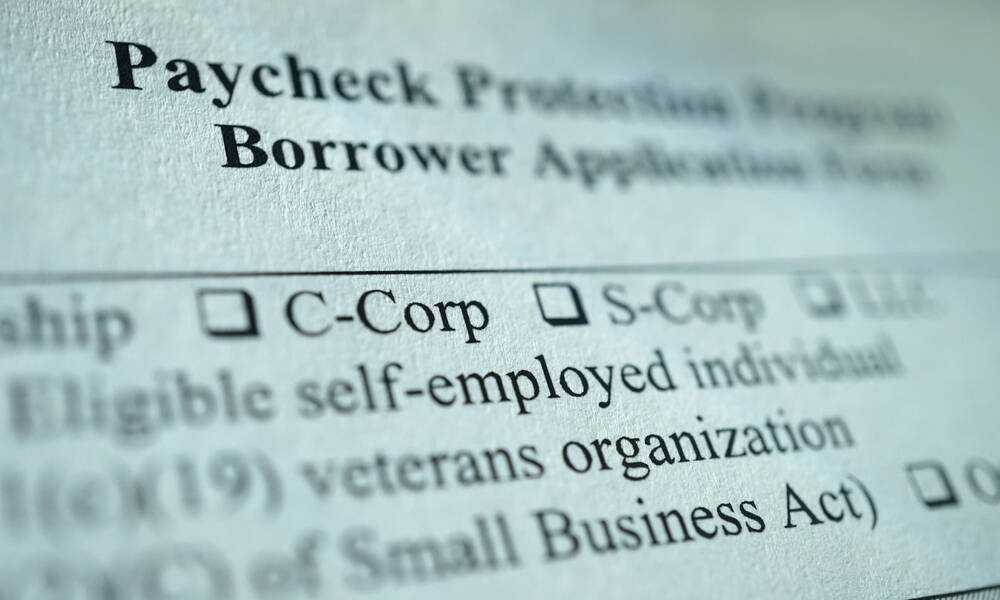
Congress Moving Separate Bills to Change Paycheck Protection Program Loans
Two bipartisan bills, up for vote next week, would modify elements of Paycheck Protection Program loans.
Sen. Marco Rubio (R-FL), chairman of the Senate Small Business Committee, introduced legislation this week to extend the Paycheck Protection Program (PPP). While Rubio had been optimistic about the Senate taking the bill up today before a Memorial Day recess, the vote did not happen.
Rubio said there is bipartisan support for extending the current eight-week time period during which businesses must use the PPP loan money to pay employees and other expenses in order to have the loan forgiven. Rubio’s bill, which is also supported by Sen. Ben Cardin (D-MD), would give businesses up to 16 weeks to use the loans.
“Businesses are starting to reopen their doors, and if they had a few more weeks they could rehire everybody,” Rubio said earlier this week.
The House is scheduled to vote on similar legislation next week. The Paycheck Protection Flexibility Act (H.R. 6886), introduced by Reps. Dean Phillips (D-MN) and Chip Roy (R-TX), would permit businesses receiving PPP loans to be able to use the funds for more than the eight weeks and would relax a requirement that 75 percent of the loan money be used for payroll expenses. It would also extend the period for paying back portions of the loan that aren’t forgiven beyond two years.
“While the PPP has helped millions of small businesses keep their lights on, millions more remain on the outside looking in,” Phillips said on introducing the bill. “It won’t matter how much money we appropriate if the system by which it’s distributed is inaccessible to those who need it most.”
This standalone bill is separate from the $3 trillion HEROES Act that the House passed last week and does not extend PPP eligibility to 501(c) entities as the larger package did. Senate leaders have not agreed to take up the HEROES Act and want to proceed deliberately on any large-scale relief package.
ASAE has urged Congress to include association-specific relief in both standalone PPP bills.
(Kameleon007/iStock/Getty Images Plus)






Comments